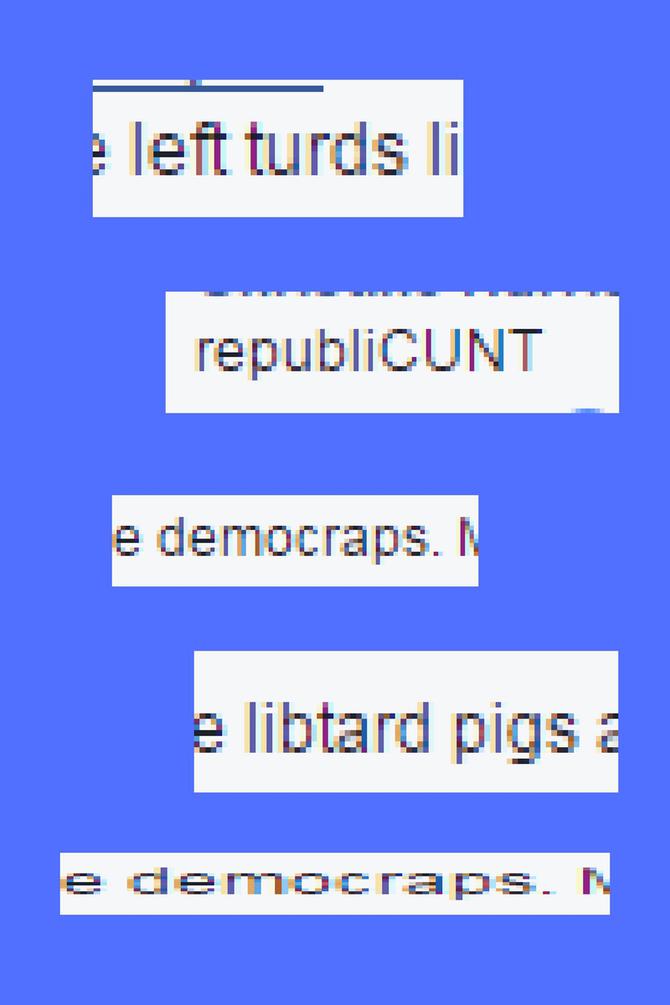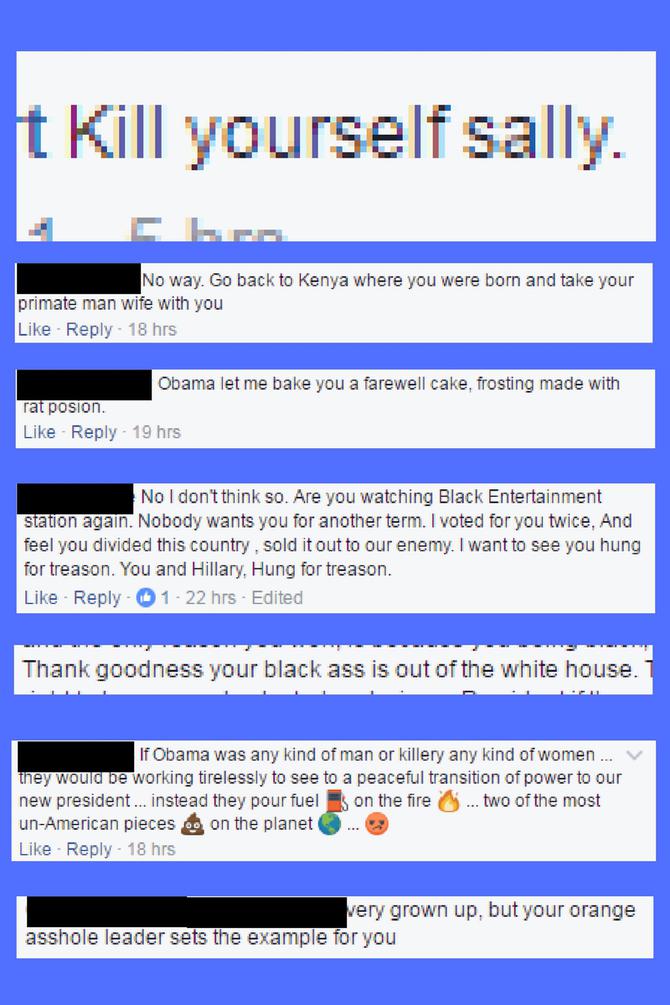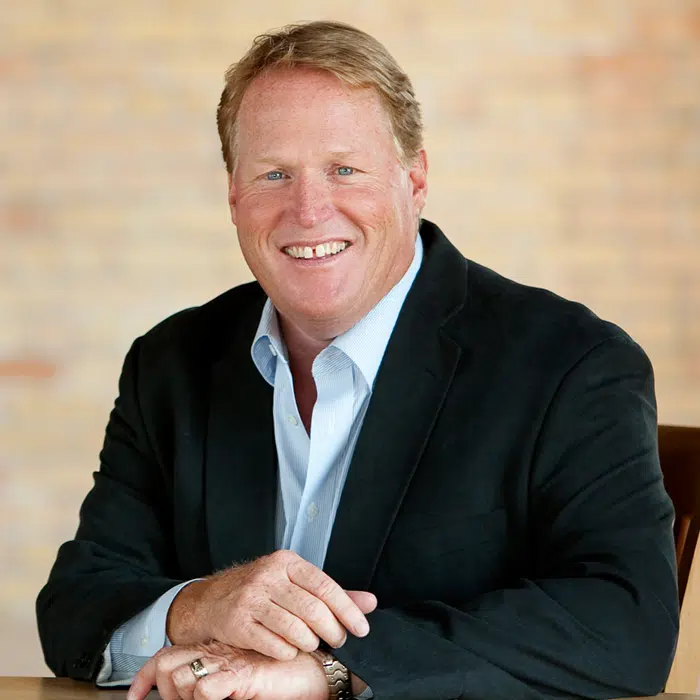After a relatively calm December, once again the
Presidential Election is in our faces again. A new president will take office
tomorrow, and there is no shortage of opinion on the in-coming or
out-going families.
Pre-election, everyone had a dog in the fight. We were all
on the same playing field, all vying for the win with our “facts” from fringe
websites, our fountains of opinions, all of us flying our first amendment flags
freely.
Then a winner emerged. Republicans rejoiced and Democrats
cried, Republicans gloated and Democrats said, “Oh shit, I can’t move to
Canada,” Republicans became more commonly known as “Deplorables,” and
Democrats, “Snowflakes,” nicknames both sides seem to have embraced
affectionately.
Vitriol is so ramped up by this transition of power that name-calling
is turning into a hobby-like pastime. Except it’s a roomful of grown adults flinging
insults at one another at a pace even a good middle-school bully can’t
manage.
I was inspired to write today because I found myself reading
comments on a biased Facebook page and I felt sickened. Not just disgusted with humanity, but
physically sad.
It took me approximately ten minutes reading a
single post
to assemble 17 (17!) awful
names for Democrats and Republicans, Obama, Trump, Hillary Clinton, and even a
few blatant death threats.
Here is a sampling:



Are you shocked? I was.
After I got over my initial shock, I imagined a series of events where I am called a
RepubliCUNT to my face or told to kill myself because I do not share the same
beliefs. I imagined my good friend from the other side of the aisle saying,
“Hey, Libtard, I have a rat poison cake for you.” I tried all of the
combinations hoping to find a way to make these awful names and awful
suggestions more palatable.
Which is, of course, impossible.
There is no way to make disgusting words OK.
We are suffering a crisis of anonymous name-calling and
bullying. This is not a knee-jerk reaction to seeing things I do not like
seeing; this is a problem of fully grown humans resorting to childish
statements to diminish the worth of others at an uncontrollable pace from the
safety afforded by a computer screen. We have created places and spaces where using
derogatory language is fine and tearing one another down is commonplace and
acceptable. These are not secret, hideaway meetings in an undisclosed location
where people can sit and bitch about groups of people they hate – they are
publicly posted statements for everyone to see, including parents, friends,
kids, and coworkers. Where is the embarrassment?
The use of “potty words” and other amalgamations of language
distract from any possibility of actually being heard and understood. They
convey a deep disrespect for others and for our leaders.
I am too young to have lived in a house with a portrait of
John F Kennedy hanging on the wall next to the Pope’s photo, but I grew up in a
politically-minded family where I was constantly told to respect all leaders:
the President, our Congress, governors, police officers, ministers, teachers,
all adults, and, well…everyone.
Respect isn’t given, it’s earned, but holding a position of
power should be enough to earn a basic level of respect. We are contorting
respect to mean agreement, and that is a dangerous connection, eroding a leader’s
ability to lead and driving an insumountable wedge between groups with
differing ideas.
Respect and agreement are not partners in the morality code.
I cannot stress this enough – respect is not earned through agreement. And
disagreement does not automatically preempt respect. Respect is how we keep open minds, how we
understand each other better when we disagree, and how we make meaningful decisions that
do the most good.
Disagreement on social media is easy; there are no
consequences. You might get told to shut up or to go kill yourself, but you
aren’t required to justify your statements or answer to anyone at all. You just
show up, lay down your wisdom or hate, and then walk into the next room to hug
your grandkids or bake a pizza.
How do we stop disrespect? We call people out in a
respectful way. We take our good friends aside and let them know, respectfully,
that their unkind and awful words are unproductive. And we keep doing it. Collectively,
we can accomplish the separation of respect and agreement again. Respectfully,
we can unite in disagreement and usher in a better tomorrow.



